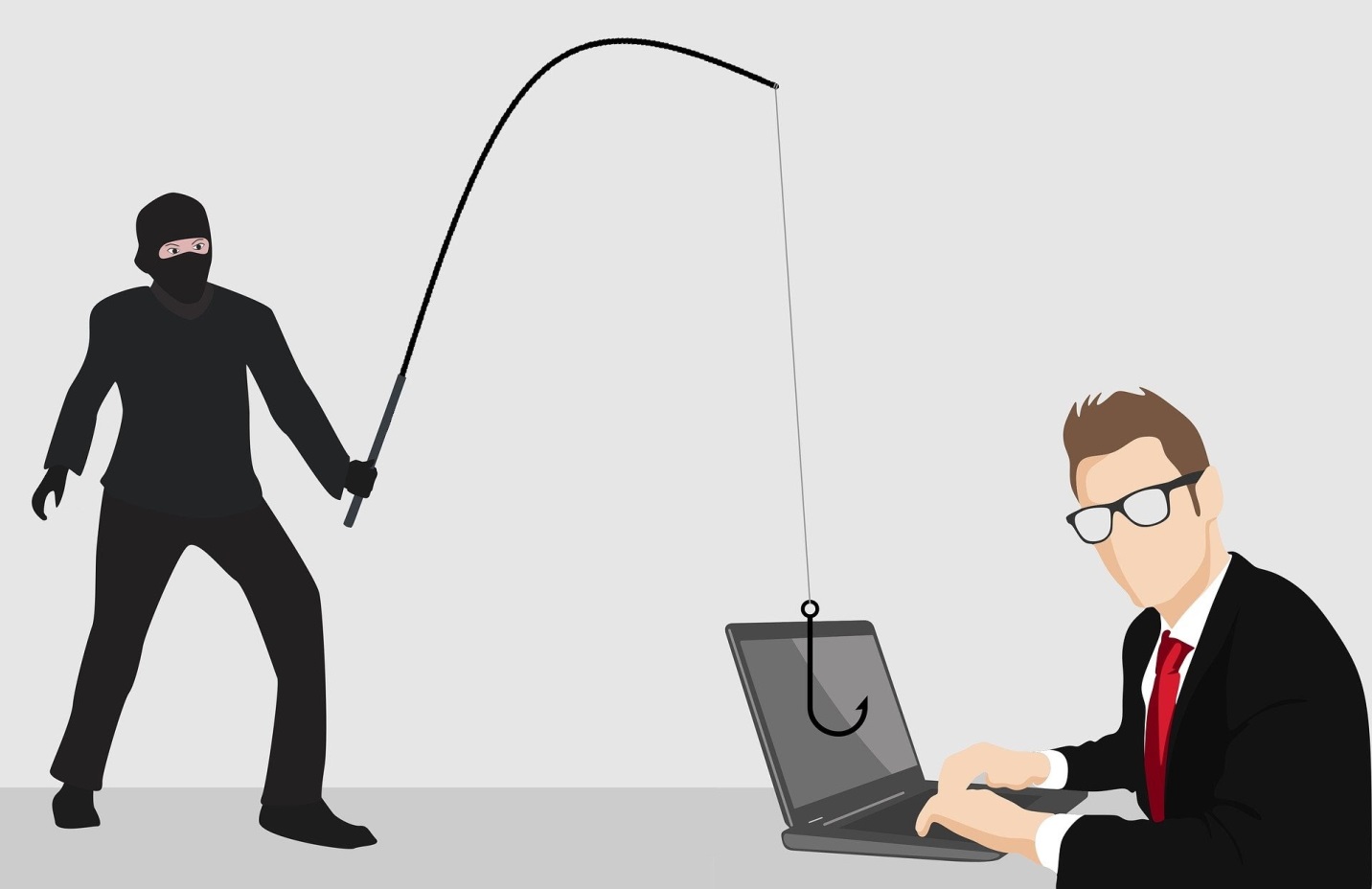
Remember when your parents told you not to meet with strangers from the internet or get in their cars? Look at you now – calling strangers from the internet to get in their cars. It puts the whole ridesharing thing into a different light when you think about it this way. And that’s not all – we’re doing lots of things without second thoughts just because our experience tells us they’re safe.
But when you’re moving to a new country, you’re exposing yourself to the unknown. Even crossing the street becomes an adventure! That’s why you have to learn how to keep yourself safe wherever you go. Improving your online security should be as important as learning the cultural differences in your adoptive country.
And that’s because, when you’re traveling abroad, the internet will be your best friend.
You’ll need to use it to find street names, the best local restaurants, or the closest supermarkets. And let’s not forget the not-so-glamorous part of living abroad – taking care of legal documents, bank statements, and financial transactions.
That’s why staying safe online should be your top priority! We’ve made a list with 4 examples of online scams to help you avoid them.
Watch Out for These Common Red Flags!
Unfortunately, the world is full of fraudsters. As a foreigner, you’re one exposed to them the most. When you’re living abroad, things won’t run smoothly all the time so a little prevention goes a long way.
1. Banking Scams
Scammers got really good at faking your bank’s writing style, logo, and e-signatures to make them look “legit.” So, always pay attention if you find yourself in any of these situations!
a. Phishing
You get an email that asks you to verify your debit card number or your bank account. It might even say that they’ve noticed suspicious activity on your personal account or send a fake invoice. Unfortunately, the FBI reported that Americans lost more than $57 million to this kind of scam.
To protect yourself, under no circumstances should you send sensitive data like login credentials, passwords, or security numbers. Contact your bank by using the phone number on the official website and ask them about this.
b. Unsolicited Check Fraud
Out of nowhere, a stranger sends you a check. Your first reaction is to cash it – who wouldn’t do that? But if you do this, you might sign up for a loan you neither agree with, nor asked for.
2. Coronavirus (COVID-19) Scams
Sadly, some people will take advantage of the unprecedented situation that the Coronavirus has created. Here are some red flags you should spot right away:
a. Proof of Vaccination
Scammers are looking for a way to steal your identity – even if it’s just your name or your birth date. They’ll build your profile and then use it against you. Often, scammers will ask for social security numbers, photos of vaccine cards, full names, and addresses.
For example, this article shows that a scammer can go to your LinkedIn and find out where you work. They can get in touch with your employer pretending to be you, and do a legitimate password reset for your personal accounts.
To avoid getting targeted, don’t post photos of your vaccination card on social media. Instead, use relevant stickers specifically designed by social platforms.
b. Stimulus Check Scams
If con artists impersonate banks to contact people, they will pretend they’re the IRS too. They might claim that you need to pay some fees or check personal information so you can receive money.
Always keep in mind that the IRS has its own style to contact people – either by post mail or in person. Any question about your private information means just one thing – those people are not the government and you’re about to get scammed.
3. Online Shopping
As an expat, online shopping can be a blessing and a curse. A blessing because you can order anything you’d like without having to speak a foreign language. And a curse – because your card details can get stolen.
Your spidey-sense should tingle every time you see something like:
- Prices too good to be true for luxury brands
- Incredible low limited-time discounts
- Non-existent delivery and return policies
- The seller refuses payment through secure payment service (credit card transaction, PayPal)
4. Charity Scams
Taking advantage of people’s kindness is just what fraudsters do. They come up with fake organizations and claim they help people affected by disasters. Scammers might even put pressure on you, urging you to send money as quickly as possible.
As much as you’d like to help, please do your research if you’re going to send money to a charity. Check their name, locations, their community, social media profiles – the more you know about your charitable organization, the better.
Plus, don’t let people pressure you into making a quick decision.
Conclusion
Online scams aren’t the first thing that comes to your mind when you’re thinking about “living abroad.” However, if you want to enjoy your adventure to the fullest, you’ll have to find ways to stay safe on the web in an unknown country.
To avoid online fraud, you can take some preventive measures like:
- Creating strong passwords.
- Using two-factor authentication.
- Using a VPN on public WiFi.
- Never sharing personal information.
Have you heard about other online scams that are trending right now? Please let us know in the comments and, together, let’s build a stronger, safer community!
Leave a Reply